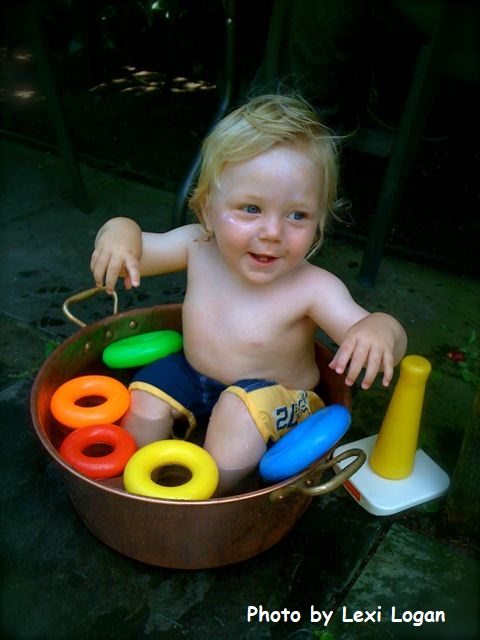
Helmets on, ready to roll
photo credit: Sylvia Aptacy pixabay
About 95 percent of all Americans know how to ride a bike and who taught them? Probably their parents. Joining us today is frequent guest blogger Dr. Deb Stack with pointers on teaching your kid how to ride. – Drs. Lai and Kardos
I live in beautiful Bucks County, PA, an area known for its rolling hills, bike paths and covered bridges. With spring here, it’s a great time to head out for a family ride.
Yet with less outdoor playtime, more and more children are struggling with learning to ride. A child’s readiness is very individual. My own children ranged in age from 6-11 years old when they learned. Interestingly, my oldest learned by hopping on a friend’s bike and being pushed down a gentle, grassy hill by the neighborhood children while I huddled out of sight around the corner. It turns out, their technique was right.
Riding a bike is an interplay of several components:
- INTEREST – if the child is not interested, it is not time to try.
- ABILITY to maintain PEDALing at a walking speed at least, even with distraction.
- ABILITY to BALANCE when sitting.
- STEERING
- STARTING and STOPPING
After making sure your child is interested, check the bike:
The seat should be low enough that the rider can place both feet flat on the ground at the same time.
If there are hand brakes, the brake to the front wheel should be disconnected. This will prevent the rider from accidently squeezing only the front brake and being sent over the handlebars.
Remove the pedals or practice balancing on a Skuut bike, or balance bike, (two-wheeler without pedals). These are readily available and not too costly, but tend to be needed for only a short time.
Mountain bikes or BMX style bikes are not recommended for learning. Look for a bike where the pedals are nearly directly under the seat and the child does not have to raise the knees too high at the top of the pedal cycle.
Wear a helmet and make sure it is securely fastened under the chin.
Location: Look for a gently sloping grass hill (the kids were right!) or a large, fairly level, empty parking lot
What to do:
-
- Practice pedaling separately if possible. Try a trike or stationary bike and practice pedaling at a steady rate and even singing or carrying on a conversation without stopping before heading out to try a two-wheeler.
- Practice balancing: Use both feet to push off the ground and glide forward as far as the rider is able. Have the rider place feet down if he feels uncomfortable and then push again. Practice for about 15-20’. Keep practicing, trying to decrease the number of pushes per overall distance. Make sure the rider is looking ahead. Everyone, but most especially children, relies heavily on vision to balance.
- Practice balancing and using hand brakes (if equipped). Work on glide-squeeze-feet down. This will allow the rider to slow down using the brakes and then place the feet down to stop or remain upright once stopped. It also allows the child to be in control of the speed.
- Add the pedals back to the bike. Practice gliding. This time trying to place feet on the pedals for the glide. At this point, it can be helpful for the rider to start by being pushed by a spotter. Getting started and getting feet on the pedals is the most difficult part of riding and should be the last step taught.
- Teach the rider how to start. Either pushing two to three times with both feet and placing on pedals, or with one foot while keeping the other on the pedal both work. Children will quickly let you know their preference.
- Keep practicing in a large, open space and go in large circles before trying to make sharper turns. Make sure to practice going in circles both to the left AND the right to practice both types of turns. Once the child has good control, you can transition to wide bike paths.
Some helpful reminders:
To keep a bike upright, the rider must lean into the turn, or in other words, turn handles into a fall rather than away.
Training wheels often teach the children to lean the wrong way and often slow learning. Better not to start them!
If you want to use a handle to attach to the back of the bike, make sure it is the type that clamps onto the seat post or frame. Your hand should hover over the top of the handle and just tap it gently to help a child rebalance; don’t hold on. You can use an open hand on the end of the handle to push the child to start.
If your child is not quite ready, you can still enjoy a family ride; tag-along bikes foster good bike habits and let you bring along a child who is not quite ready to go solo. Don’t miss the beautiful spring. Head out and ride!
Deborah Stack, PhD
©2016 Two Peds in a Pod®
With over 20 years of experience as a physical therapist, Dr. Stack heads The Pediatric Therapy Center of Bucks County in Pennsylvania. She holds both masters and doctoral degrees in physical therapy from Thomas Jefferson University.
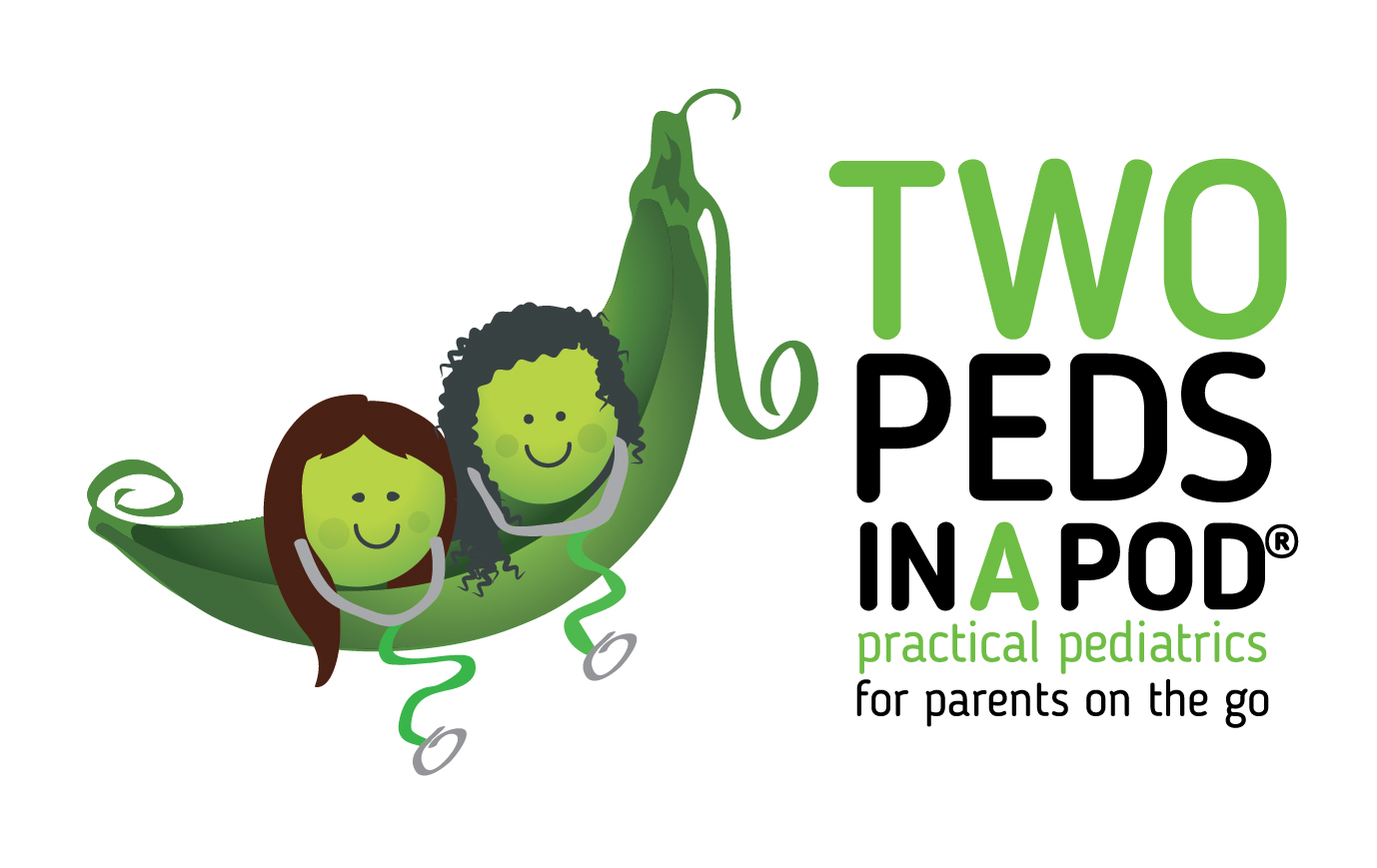




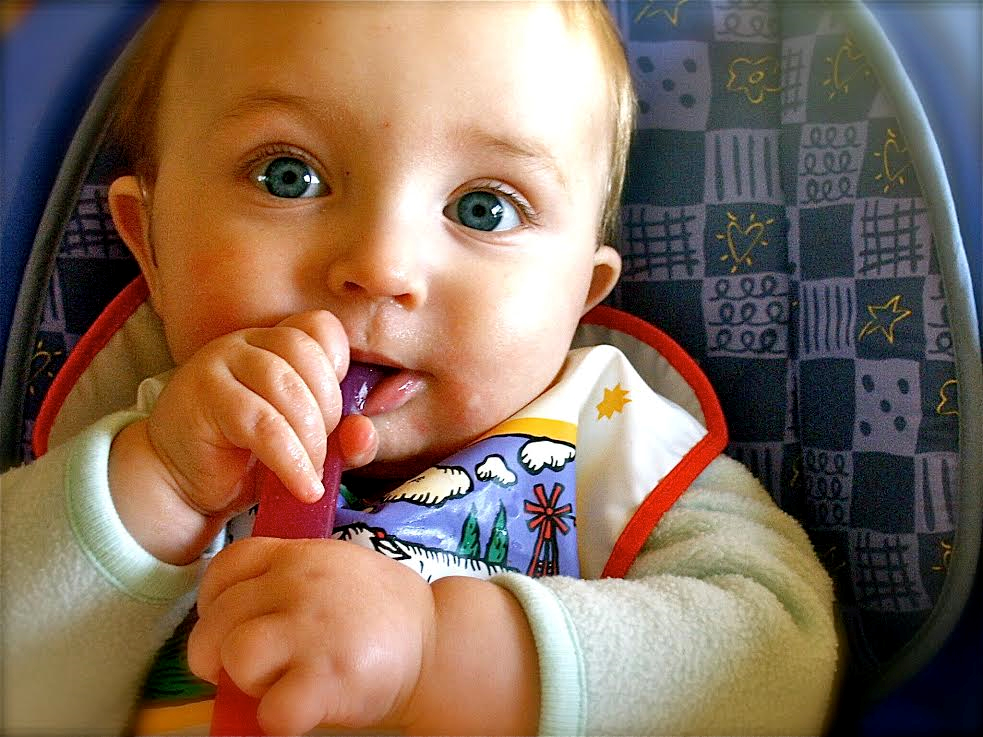 Have you wondered if you could take a toddler to a restaurant and have a good time without relying on an iPad for entertainment? This is absolutely possible as long as you have the right expectations, a sense of humor, and a desire to build family memories. In the “old” days when our kids were toddlers, there were no iPads or smart phones so we thought we’d share some ideas to keep your toddler engaged in a restaurant.
Have you wondered if you could take a toddler to a restaurant and have a good time without relying on an iPad for entertainment? This is absolutely possible as long as you have the right expectations, a sense of humor, and a desire to build family memories. In the “old” days when our kids were toddlers, there were no iPads or smart phones so we thought we’d share some ideas to keep your toddler engaged in a restaurant.
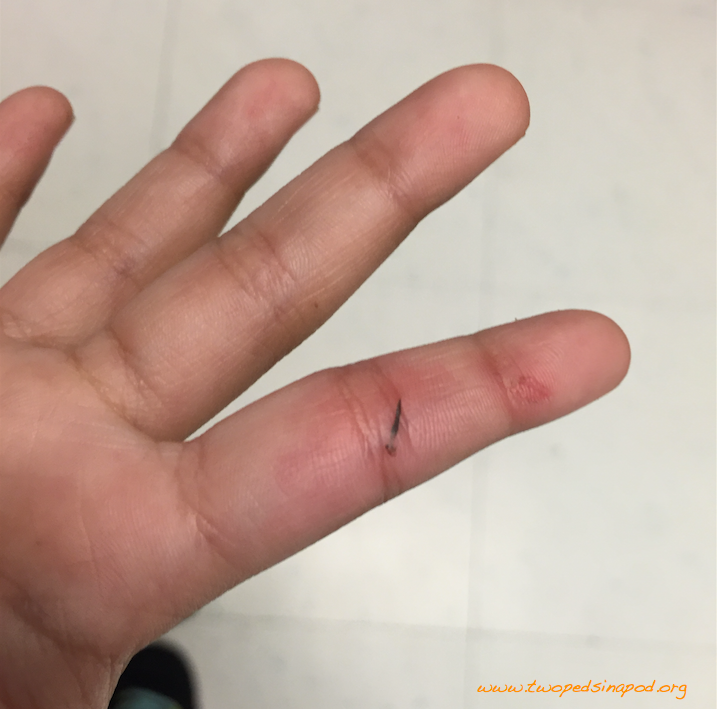
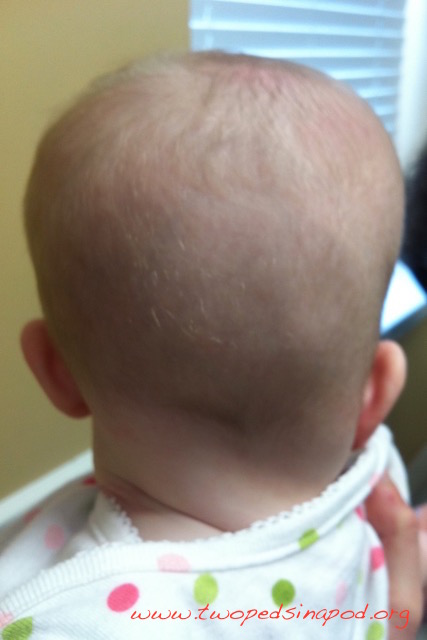 Squeezed through the birth canal, many babies are born with pointy, cone-shaped heads. Others, delivered by caesarian section, start off life with round heads. Few babies begin with a flat head. But as parents put babies on their backs to sleep in accordance with
Squeezed through the birth canal, many babies are born with pointy, cone-shaped heads. Others, delivered by caesarian section, start off life with round heads. Few babies begin with a flat head. But as parents put babies on their backs to sleep in accordance with 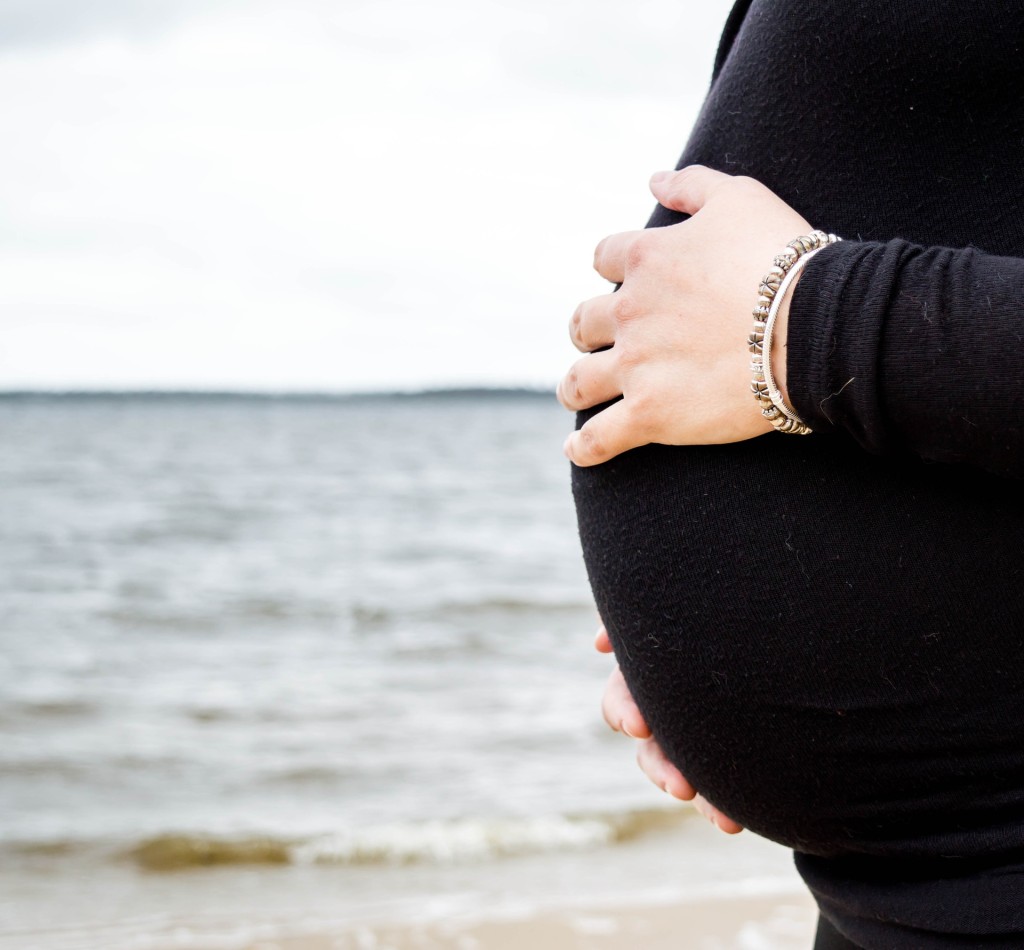

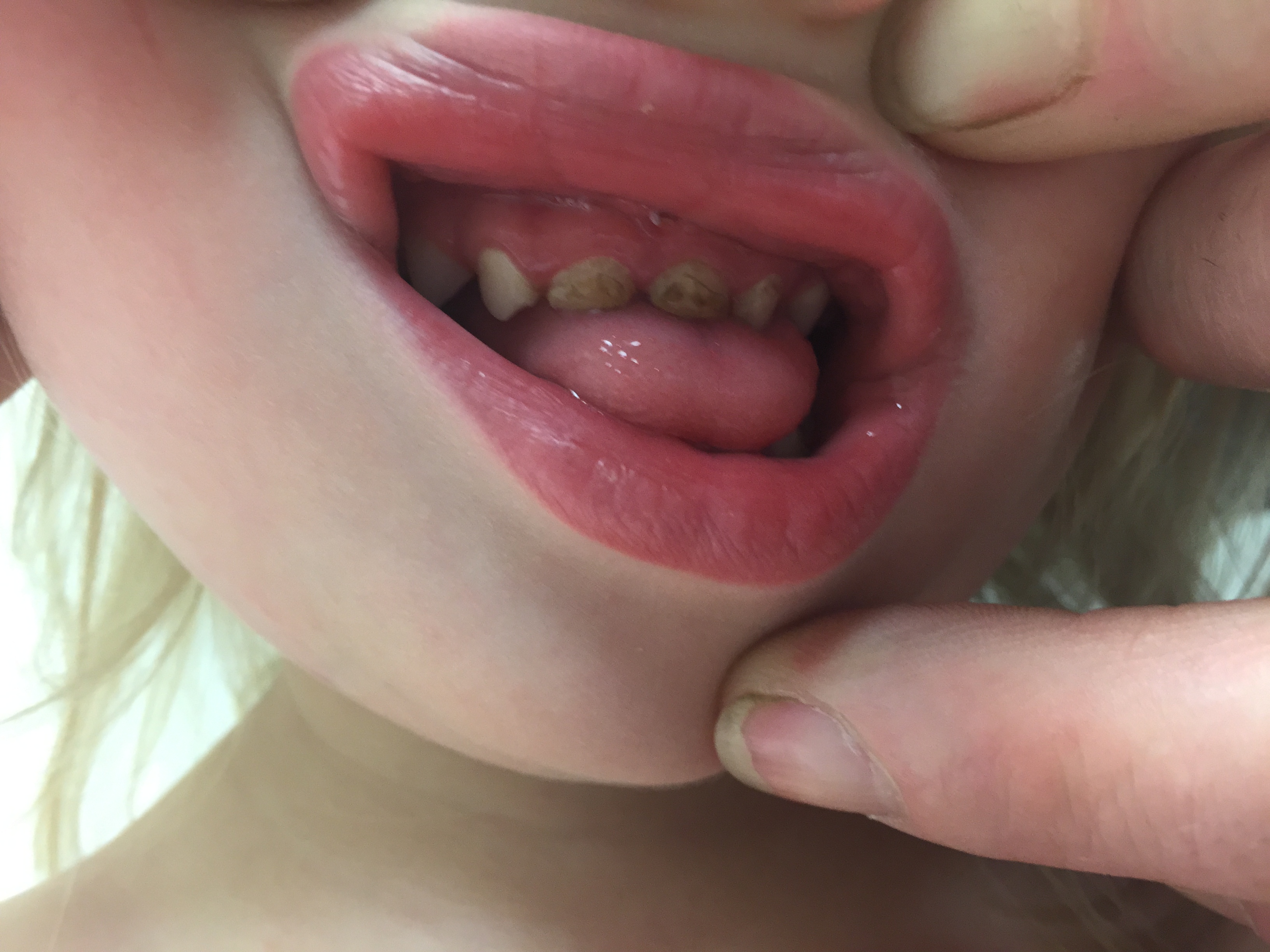 This drives us crazy: Listed on many pediatric developmental milestone charts, there is the six month milestone, ” can hold their own bottle. ” Unfortunately, this is the last thing we want our patients to do. Babies who feed by holding their own bottle tend to suck for a longer period of time than when they are at the breast or when a parent holds the bottle. Prolonging the time any sweet substance, whether breast milk, cow’s milk, or watered down juice is in the mouth can produce cavities. Even in toothless babies, the sugar can seep through gums and rot the teeth producing cavities called “bottle rot” in the two front teeth. As shown above, sucking on a sippy cup constantly can also produce the characteristic damaging pattern and cause rotten teeth.
This drives us crazy: Listed on many pediatric developmental milestone charts, there is the six month milestone, ” can hold their own bottle. ” Unfortunately, this is the last thing we want our patients to do. Babies who feed by holding their own bottle tend to suck for a longer period of time than when they are at the breast or when a parent holds the bottle. Prolonging the time any sweet substance, whether breast milk, cow’s milk, or watered down juice is in the mouth can produce cavities. Even in toothless babies, the sugar can seep through gums and rot the teeth producing cavities called “bottle rot” in the two front teeth. As shown above, sucking on a sippy cup constantly can also produce the characteristic damaging pattern and cause rotten teeth.